The purposeful marketing is one of the trends in digital marketing The most important issues of the third decade of the 21st century. The aim is no longer simply to reach the consumer, but rather the ethical and sustainable marketing has started to become a priority.
Already last year, it was one of the most important conclusions of the Global Marketing Trends for 2021 Study from Deloitte Insights. According to this report, organisations were beginning to search for their purpose, to understand why they exist and what benefits they offer to the planet and society.
At a time of reinvention to cope with climate change, with major societal changes at the global level, the pure pursuit of economic profit is no longer a raison d'être for a company. The corporate social responsibility has moved from being just another aspect to becoming the focus of activity.
Answering who we are should include the answer to the question of what we contribute to society. From how we contributed to making the world a better place to how we found it.
And we are not just talking about responding to a need, but to a whole series of additional values and commitments that have a real impact on the organisation's environment.
Pandemic, key to purpose marketing's advance

One of the keys to the clear advance of the purposeful marketing has to do with the COVID-19 pandemic. In 2020 we saw the whole world come to a standstill. As what seemed improbable, became reality.
As corpses piled up in overcrowded hospitals and stocks of surgical masks and hydroalcoholic gel disappeared, people asked questions in their confinement.
The possibility of an abrupt end has never been so clear at the global level. Virtually every border in the world was closed, even within the same country. European Union. Everybody stood still for a while and everybody decided that it had to change.
The next thing that happened was mass resignations. At United States called him the Great RenunciationThe report says that 20 million workers are expected to quit their jobs between spring and the end of 2021. According to La VanguardiaThe Spanish economy is far from these figures, although in Spain we are far from these figures, 27% of workers are considering resignation.
Purpose marketing thus becomes another tool to give meaning to these workers for whom employment is not only a way to earn money, but also an opportunity to contribute to the creation of a better world.
Companies with purpose: satisfied employees

According to Harvard Business SchoolIn addition, more than 50% of the employees who leave their jobs after six months do so because of lack of motivation. The percentage increases if we go up to five years, and they no longer feel professionally fulfilled.
A key indicator in the employee experience is to have professional goals and objectives. With the purpose marketingThese objectives go beyond growth in responsibilities or salary projection.
The employee retention The work of the company is an important point, although others, such as the company itself, must also be taken into account. The work of the company itself is an important point, although other points should not be overlooked, such as corporate culturethe flexibilitythe training or the employee benefits.
The companies that have a purpose have greater facilities for retaining employeesbut also for attracting talent. They are more attractive from the outset, also offering additional value for potential customers.
KPIs based on their purpose

In order for the purposeful marketing is really marketing are needed key performance indicators o KPIs. These indicators are how to quantify the efforts being made.
They make it possible to achieve these objectives by benefits for the planet and society. The more concrete the KPIsThe easier it will be to generate targets than to monitor. Following the Smart Targets formula, employees will have the data on what is being attempted and what is being achieved.
In this sense, brands are best when they are built on truths. This is the way to differentiate oneself, to achieve a greater impact and visibility that will have an impact on society. We must not forget that this is the ultimate goal: to have a real and positive impact on the environment.
The KPIs allow focus on the essence of the brand and create a consistent and sustainable message over time. As with any other type of marketing, you have to rely on data, analyse it and try to improve it. That is what will build a better world.
How to choose a purpose?

It may be that when you've started hearing about the purposeful marketing you have thought about joining the trend. After all, who doesn't want to improve their environment? Who doesn't want a better world?
If, in addition, it leads to more satisfied employees and is an extra attraction for the customer, it even ends up improving the organisation's productivity and profitability.
However, it is not that simple. It is important for marketing to self-analyse. The ethical and sustainability basis has to be there and it has to fit in with the core of the company.
In this sense, corporate culture and purpose marketing shake hands. The way in which the time managementThe way employees are treated and how suppliers and raw materials are managed will have a lot to do with the purposes for which we can select.
Typically, it is common for companies to take inspiration from the Sustainable Development Goals. These Objectives have seventeen fundamental pillars among which we can find our purposes.
Sustainable Development Goals

Among the Sustainable Development Goals There are four key issues for business: Persons, Planet, Prosperity and Governance.
Firstly, the section on Persons includes a lot of elements where companies can contribute. From having a good working climate to dealing with the wage and gender gapthe inclusion of diversity o ensure the work safety.
These aspects are often the most important in retaining and attracting talent.
There is also a clear influence in the Prosperity. From the generation of wealth and jobs to the investment in R&DThe creation of a better future is strongly linked to the creation of a better future. This also influences the actions that take place in the local communities. In other words, the influence on their direct environment.
On the other hand, in a more global aspect we have Planet. Here we mainly talk about the fight against climate change, recycling, water saving, etc... All the work done to pollute less or mitigate emissions.
Finally, on a more internal aspect of the company's operation, we have to point out the Governance. This includes transparency and internal mechanisms to ensure ethical behaviour in all departments.
The purposeful marketing uses these pillars and makes them its driving force. We are talking about marketing at the service of citizens and the planet. Marketing that does not seek to sell products or services, but to build a better future for all.





